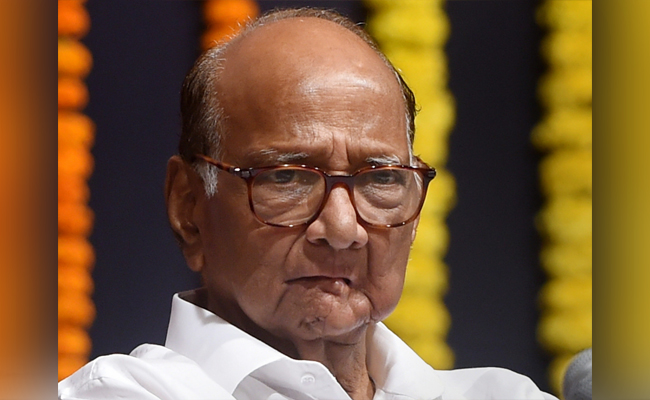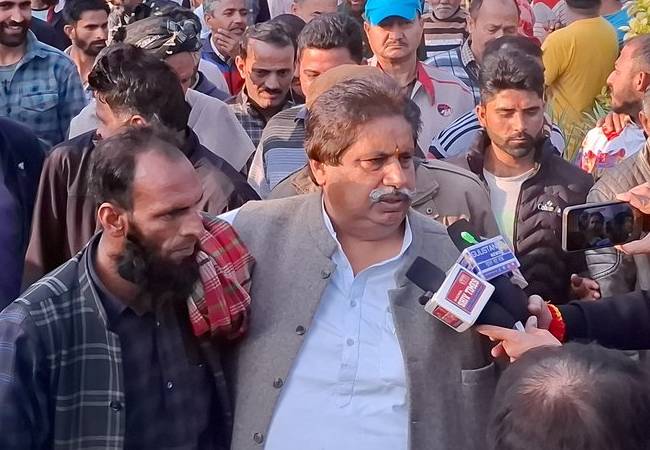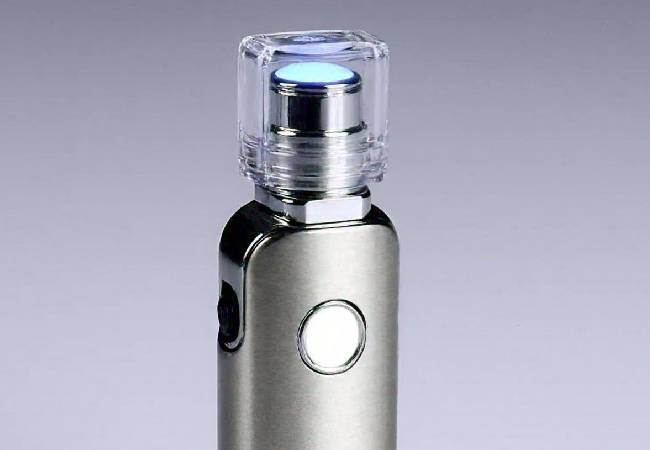Mumbai (PTI): Former Union minister Sharad Pawar on Monday said that he and nephew Ajit Pawar are together as a family, but made it clear that the latter was heading a different political party.
“Gharat tari ekatrach ahet (we are together at home least),” the veteran politician said at a press conference at Chiplun in coastal Konkan region.
He was responding to a query about the demand from “various quarters in the state” that the uncle-nephew duo should come together once again.
In July last year, Ajit Pawar broke away from his uncle to join the Eknath Shinde-led government in the state as deputy chief minister. Of late, there has been speculation over his continuation in the ruling alliance.
Asked about Ajit Pawar’s recent remarks the decision to make his wife Sunetra Pawar contest the Lok Sabha polls against Supriya Sule in Baramati was a mistake, the veteran politician said, “He is in a different party. Why should we comment on decisions taken by another party?”
Asked if the opposition Maha Vikas Aghadi (MVA) alliance of NCP (SP), Congress and Shiv Sena (UBT) had decided its chef ministerial face, Pawar said, “I don’t think that it is an urgent issue at the moment”.
When elections were held after the Emergency, Morarji Desai’s name as PM candidate was not disclosed before polling, he added.
“Our (MVA) attempt is to give a progressive alternative in Maharashtra with help of other parties like Samajwadi Party and Peasants and Workers Party,” he said.
“Our observation is that the people of Maharashtra have made up their mind to give us (MVA) a chance in the ensuing elections,” he said.
Asked about Andhra CM Chandrababu Naidu’s claim that sub-standard ghee with 'animal fat' was used to make prasad laddoos at Tirupati temple during Jaganmohan Reddy's tenure as CM, Pawar said, “If anything was mixed, it is very wrong and action should be taken against those involved”.
Let the Truth be known. If you read VB and like VB, please be a VB Supporter and Help us deliver the Truth to one and all.
Ranchi (PTI): A 25-year-old man, who works as a butcher, allegedly strangled to death his live-in partner and chopped her body into 40 to 50 pieces in a forested area in Jharkhand’s Khunti district, police said on Wednesday.
The accused, identified as Naresh Bhengra, was arrested.
The matter came to light after around a fortnight after the killing when a stray dog was found with human body parts near Jordag village in Jariagarh police station on November 24.
Bhengra was in a live-in relationship with the deceased, a 24-year-old woman also from Khunti district, in Tamil Nadu for the past couple of years. Sometime back, he returned to Jharkhand, got married to another woman without telling his partner anything and went back to the southern state without his wife to join her.
"The brutal incident occurred on November 8 when they reached Khunti as the accused who had married another woman did not wish to take her home. Instead, he took her to a forest near his house at Jordag village in Jariagarh police station and chopped the body into pieces. The man has been arrested," Khunti Superintendent of Police Aman Kumar told PTI.
Inspector Ashok Singh who investigated the case said the man worked in a butcher shop in Tamil Nadu and was expert in slicing chicken.
“He admitted chopping the body parts of the woman into 40 to 50 pieces before leaving those in the forest for wild animals to feast on. The police recovered several parts on November 24 after a dog in the area was seen with a hand," Singh told PTI.
Singh said that the woman, who was unaware of his marriage, pressured him to return to Khunti. After reaching Ranchi, they boarded a train on November 24 and headed to the man's village.
"Under a plan, the man took her to Khunti in an autorickshaw near his home and asked her to wait. He returned with sharp weapons and strangulated her with her dupatta after raping her. He then cut the body into 40 to 50 pieces and left for his home to live with his wife," Singh said.
The woman, however, had informed her mother that she had boarded a train and would be living with her partner, the police officer said.
Following the recovery of body parts, a bag was also found in the forest with the murdered woman's belongings including her Aadhaar card. The mother of the woman was called at the spot and she identified her daughter's belongings.
"The mother suspected the man behind the crime who after being nabbed by the police admitted to chopping the woman into pieces," the official added.
The incident has sent shockwaves among people in the region, with the Shraddha Walker murder case of 2022 still fresh in their memory.
Walker was killed by her live-in partner who chopped her body into pieces before dumping them in the jungle in South Delhi’s Mehrauli.





